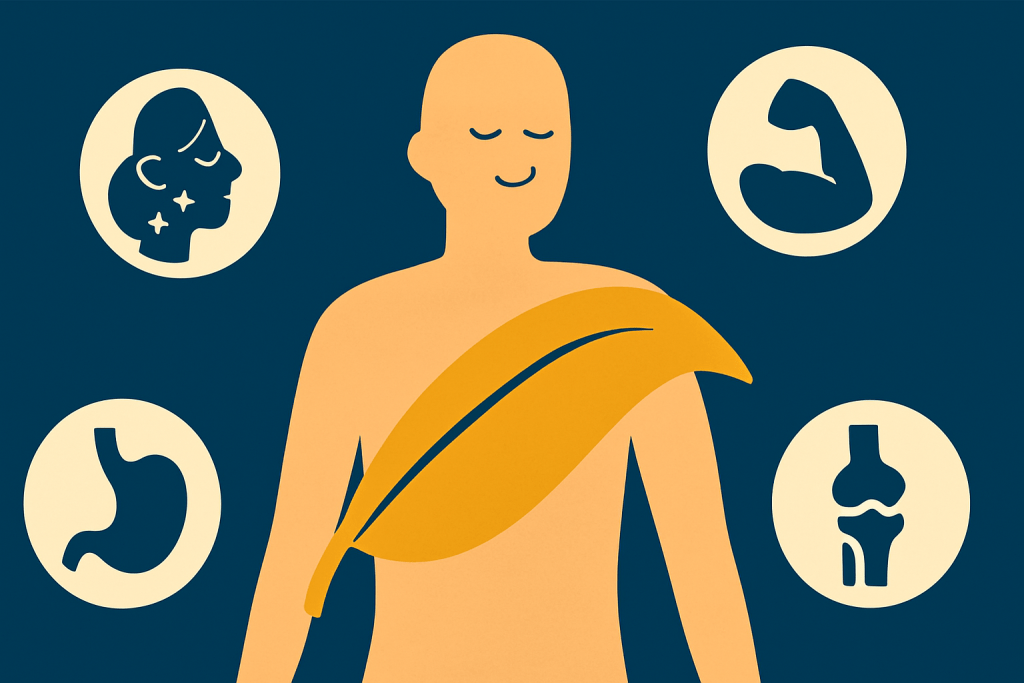Retirement marks a significant transition in one’s life journey, offering a myriad of opportunities for personal growth and fulfillment. While the prospect of retirement may evoke excitement, it can also instill a sense of apprehension, particularly when contemplating how to fill one’s newfound leisure time. The abundance of choices can be overwhelming, leading to uncertainty about where to begin.
However, embracing hobbies during retirement is not merely a pastime; it is a pathway to enhanced well-being, cognitive vitality, and social connectivity.

Understanding the Benefits of Hobbies
Research underscores the profound impact of hobbies on overall health and happiness. Engaging in leisure activities stimulates brain function, fosters social interactions, and cultivates fine motor skills. A compelling study conducted in 2022 revealed that individuals who dedicate time to hobbies experience reduced symptoms of depression and report heightened levels of life satisfaction. Thus, the pursuit of hobbies in retirement emerges as a vital component of a fulfilling and enriching lifestyle.
Overcoming Barriers to Hobby Adoption
Despite the myriad benefits associated with hobbies, many retirees hesitate to explore new interests due to various apprehensions. Common barriers include self-doubt, fear of inadequacy, and concerns about the unfamiliar. However, employing principles rooted in positive psychology can empower individuals to overcome these obstacles and embark on a journey of exploration and self-discovery.
1. Embrace a Broadened Perception of Strengths
Positive psychology posits that our conception of strengths extends beyond traditional skillsets to encompass innate qualities such as curiosity, kindness, and bravery.
By embracing this expansive perspective, retirees can reimagine hobbies as opportunities to leverage their unique attributes. For instance, individuals inclined towards kindness may find fulfillment in volunteer work or engaging with homebound individuals, thereby aligning their hobbies with their intrinsic strengths.
2. Leverage Existing Sources of Joy
The “broaden and build theory” suggests that positive emotions serve as catalysts for exploration and engagement. Retirees can leverage past experiences of joy and fulfillment to inform their choice of hobbies.
Whether it be a love for nature or a passion for literature, identifying activities that evoke positive emotions facilitates a seamless transition into new leisure pursuits. From joining a rambling club to participating in book discussions, aligning hobbies with existing sources of joy enhances the likelihood of sustained engagement.

3. Harness the Power of Flow
Flow theory elucidates the phenomenon of complete immersion in an activity, wherein individuals experience a profound sense of engagement and timelessness.
By reflecting on past experiences characterized by flow states, retirees can discern patterns that illuminate their intrinsic preferences and inclinations. Whether it be creative endeavors or physical pursuits, identifying activities that induce flow enables retirees to embark on hobbies that resonate deeply with their intrinsic motivations.
4. Cultivate Self-Compassion
Central to the self-compassion theory is the recognition of one’s inherent imperfections and the cultivation of kindness towards oneself. Retirees often grapple with self-doubt and comparison, undermining their confidence in exploring new hobbies.
By embracing self-compassion, individuals can reframe their internal dialogue, recognizing that imperfection is a shared human experience. Approaching hobbies with a mindset of self-kindness fosters a sense of acceptance and authenticity, paving the way for meaningful engagement.
5. Envision Your Ideal Retirement Day
Drawing from the principles of positive psychology, retirees are encouraged to envision their perfect average day in retirement. By crafting a narrative that integrates hobbies, strengths, and acts of kindness, individuals gain clarity on their aspirations and priorities.
Visualizing short-term goals facilitates actionable steps toward hobby adoption, fostering a sense of purpose and fulfillment in retirement. From attending art clubs to nurturing social connections, envisioning the ideal retirement day cultivates a sense of optimism and possibility.
In conclusion, embracing new hobbies in retirement is not merely a leisurely pursuit; it is a transformative journey toward self-discovery and fulfillment.
By leveraging principles rooted in positive psychology, retirees can navigate barriers, discover new passions, and cultivate a vibrant and meaningful post-retirement lifestyle. As you embark on this journey of exploration, may you find joy, purpose, and endless opportunities for growth and connection.
 Heal City Health, Fitness and Lifestyle Online Magazine
Heal City Health, Fitness and Lifestyle Online Magazine




